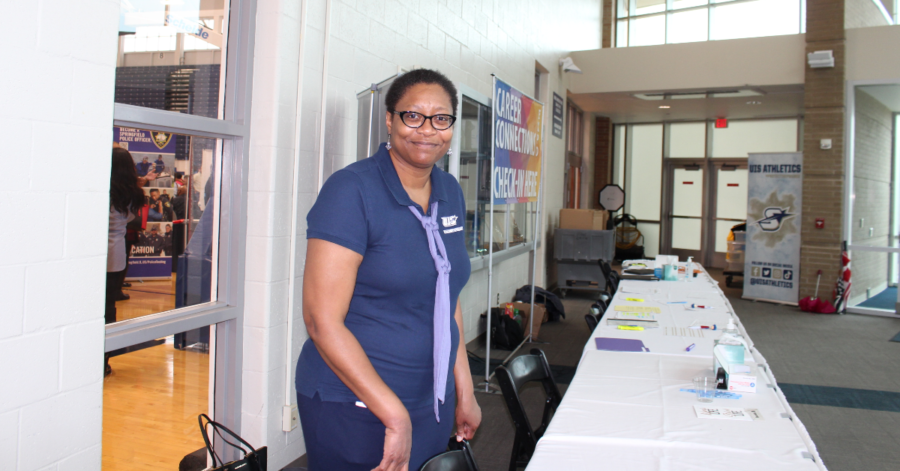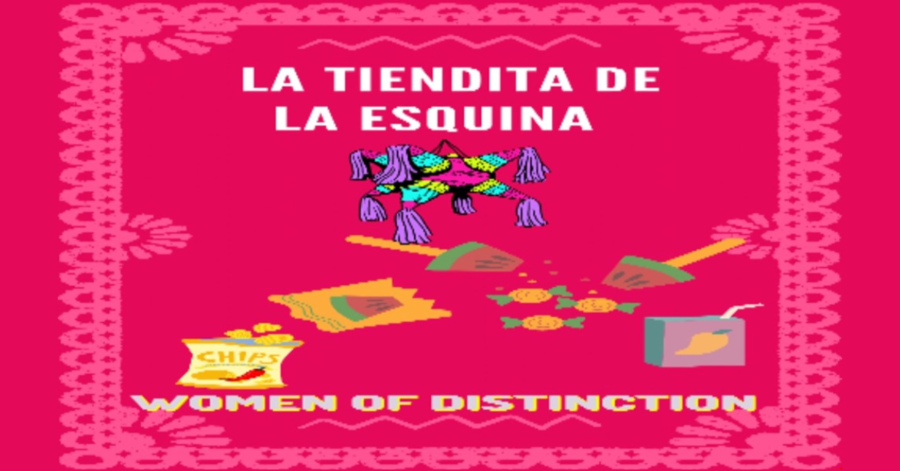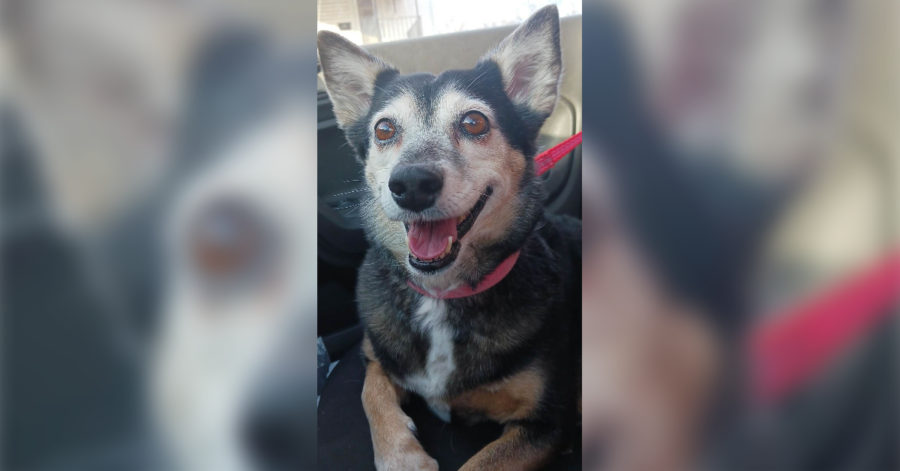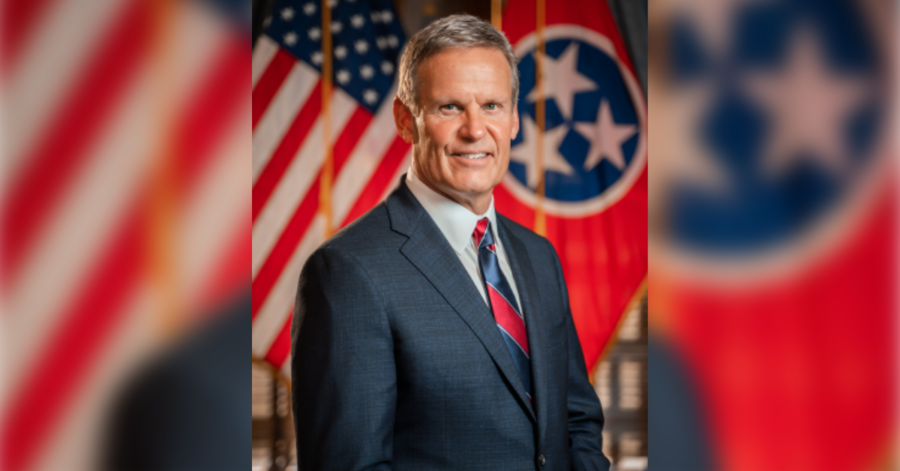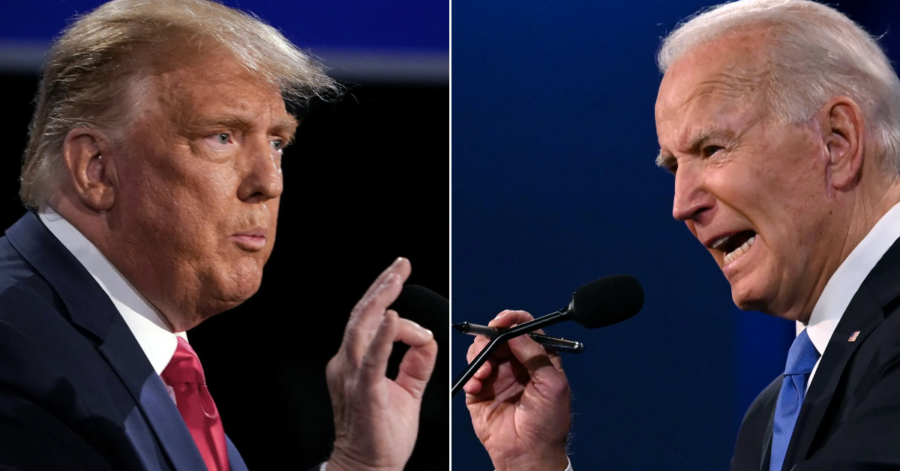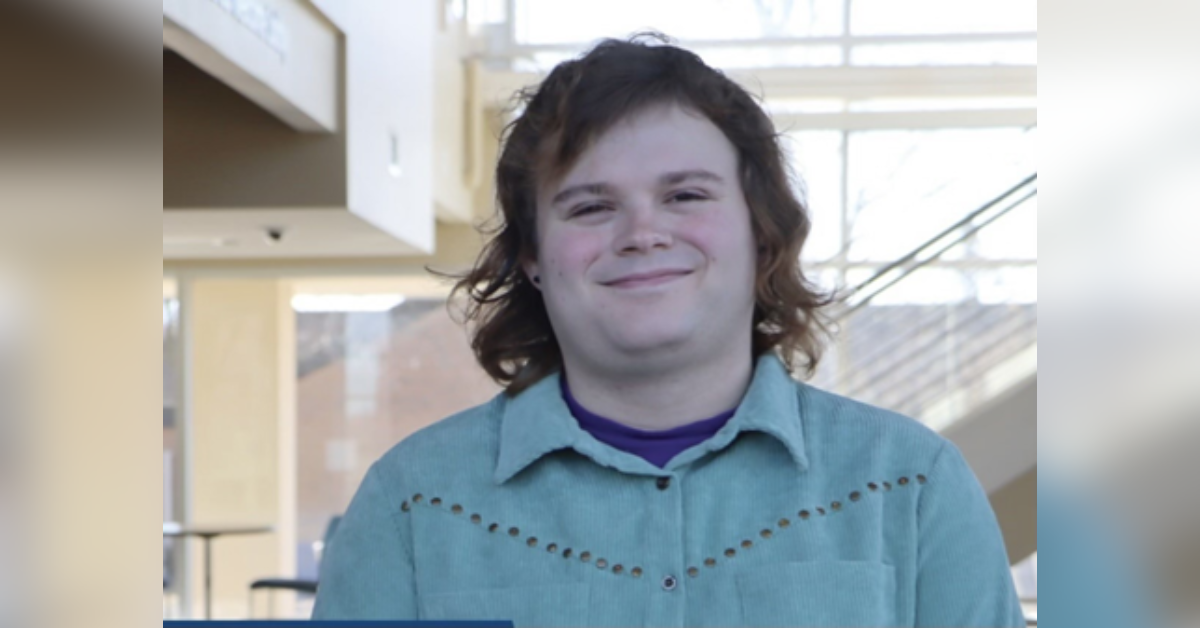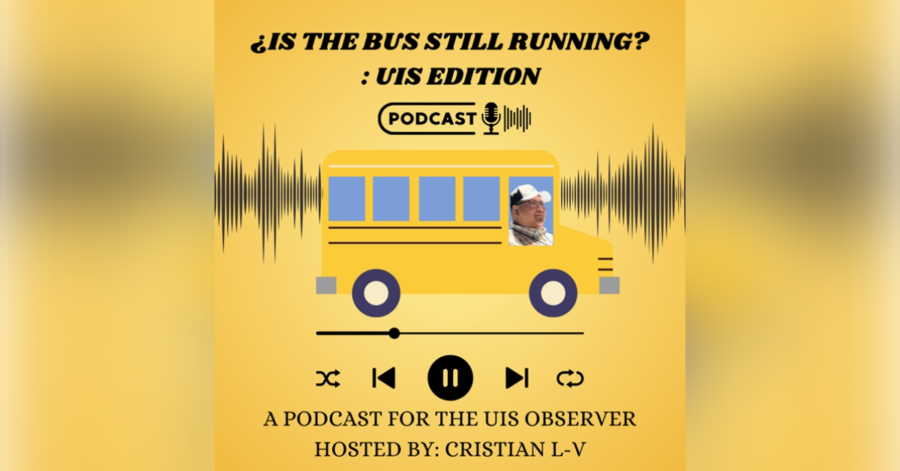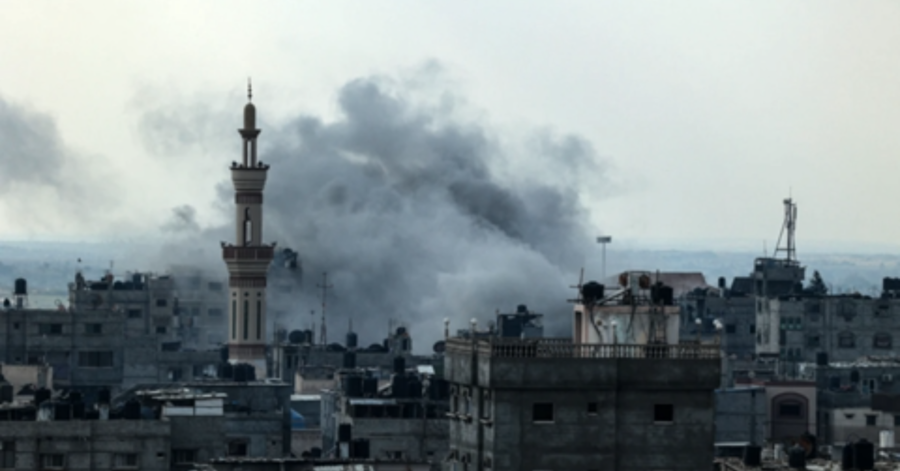It was a cold winter afternoon, and I was tired of looking at my white computer screen. I needed a break from work and my chilled office – and as I stepped out of the office in search of warmth, I met this black boy from Ghana.
We got talking, and soon, we were on the subject of how we ended up in Springfield. I asked, “Tell me about your journey to Springfield; I believe every international student has a story to share about their journey.” He laughed and said, “I had the weirdest and most frustrating journey – however, I am thankful for being here.” I pushed, and his story began.
“It was my first time coming to America. I had a long flight from Ghana to the USA; it was a flight of over 24 hours with three different connecting flights and layovers in three countries. Finally, I arrived in America, and so was my joy as I stepped into the Land of the Free.
My Port of entry was the Minneapolis International airport, I joined this long queue of non-American citizens, and I was surprised to see the security officers with knives.”
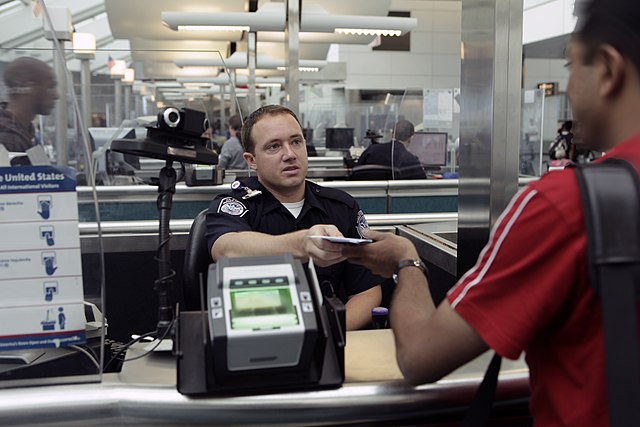
He continued, “when it was my turn to be interviewed by the officer at the Port of Entry, he asked me questions that I couldn’t hear clearly at that time, so I replied no. I was nervous and struggling to understand the accent, and I couldn’t ask him to repeat himself.
“After picking up my luggage, I was pulled aside by this hefty officer. He told me I had contraband in my bag, and I did not report them at the POE. I was confused! He said the immigration at that booth asked you if you had any agricultural product in your bags, and you said no, while in reality, you have some in your bags. That is misleading! I tried to explain to him, but he said ignorance was not an excuse and that I should ask questions whenever I am unclear.
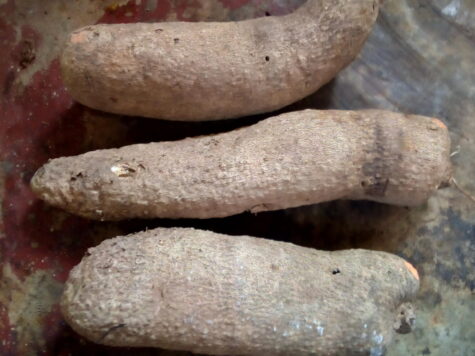
“It was at this moment I knew I bumbled. I should have asked questions when I wasn’t clear, and my heart raced as I tried to figure out if I would be in trouble. I tried to plead with this officer for half an hour, but he told me that he had sworn allegiance to the Constitution of the United States of America and would never do anything against this constitution. He said if his mother defaults and he knows, he will bring it to book.
“The officer took me to the Food and Drugs Agency office, my bag was opened just another time, and my three tubers of yam which I brought from Ghana, were confiscated, and I was penalized 300 US dollars for not declaring my agricultural product at the Port of Entry.
After our conversation, I returned to my office and couldn’t stop thinking about my new friend’s story and the importance of clarity in communicating with others.
“I learned my lesson that day, and I will always ask questions when I don’t understand and never presume an answer in ignorance.”





